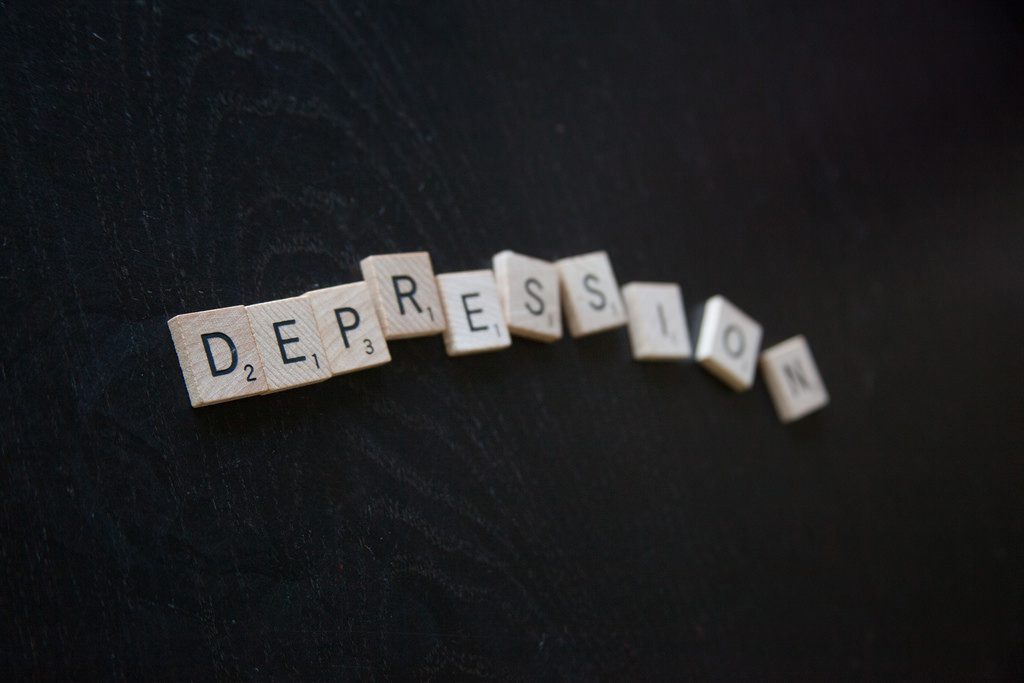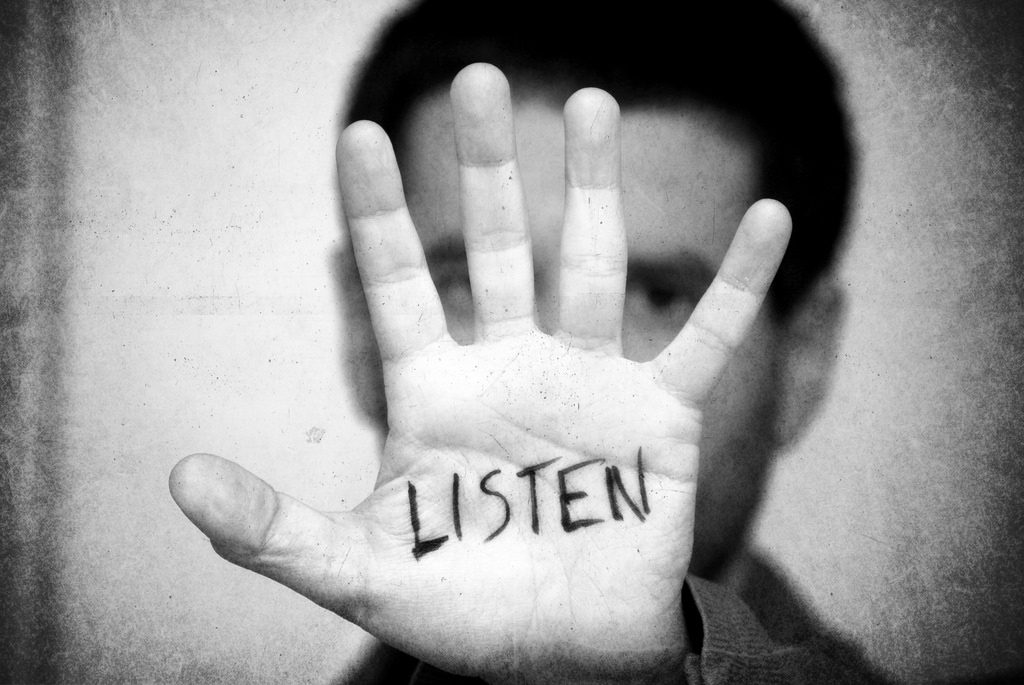Both of my parents were diagnosed with clinical depression long before I was old enough to even know what that meant. I was lucky to grow up in a home where I was taught to be open about mental health. Unfortunately, mental health issues, such as depression, continue to be a stigmatized and sometimes a very uncomfortable discussion to have.
In recognition of October being Depression Awareness Month, I’m going to share with you ways to have that very important conversation with your friends and family. Whether you or somebody you love is struggling with depression, starting an open conversation can be the easiest first step.
Understanding Depression
The first item to check off your list is understanding depression. Do you have a complete understanding of what depression means? Depression can consist of an array of symptoms such as sadness or hopelessness. Often times, people do not realize that changes in sleep patterns or loss of appetite can also be symptoms of depression. To be diagnosed with clinical depression, you must have exhibited symptoms for at least two weeks.
You can find a list of symptoms at the National Alliance on Mental Illness website.
Starting the Conversation
Once you understand how depression can present itself, you can begin to approach the topic. The first thing to remember when you’re talking to somebody who is struggling with depression is that they are not their mental illness. I know from experience that it can be easy to become frustrated with these people, but remember that their depressed state is not representative of the real person.
The three things to remember when you’re speaking to somebody with depression is Ask, Listen, Support.
1. Ask
You can open the conversation by asking questions, such as “You haven’t seemed yourself lately -is everything okay?” Don’t hesitate to talk to someone you are worried about because your support can make all the difference. Sometimes they may not be ready to talk about it yet, but at least they know you care and are willing to have the conversation when they’re ready.
2. Listen
Once you have started the conversation, make sure you listen to what they have to say. Encourage them to talk about what’s going on, and resist the temptation to offer solutions or diagnose their problems. Just listen, ask questions such as “How are you feeling about that? How is this affecting you?” Be non-judgmental as they open up to you. Some things may be hard to hear or understand, but together you can work out how to move forward.
3. Support
Keep what they have told you private, unless they’re at risk of hurting themselves or someone else. Remember, they opened up to you. Thank them for trusting you, and ask them what else you can do to support them. Help them to explore their options. Ask questions like, “What have you tried already? Have you thought about completing an anonymous, online screening?”
October 5 was National Depression Screening Day. Encourage your friend to seek out a professional. The first step is a free, anonymous depression screening. Once you or your friend have completed a screening, then you can begin to move toward treatment. Counseling & Wellness Services offers free counseling year-round to students.
Your Role
Remember that it is not your job to “fix them.” I know it’s easy to try to take on the responsibility of their mental health, but that is NOT your role. You are there to support and encourage them, to remind them they have somebody in their court.
Warning Signs
People struggling with depression have a high risk of suicide, so stay alert. If you are given any indication they may be struggling with thoughts of death or suicidal feelings, encourage them to speak with a mental health professional. Never hesitate to call emergency services at 911 if urgency calls for it.
Depression may not be an easy conversation, but it is vital to have. Reach out to the people in your life that are struggling. It could be the most important thing you ever do. Trust me, it’s worth it.
Resources:
Confidential, Free, National Suicide Prevention Hotline – 1.800.273.8255.
Counseling & Wellness Services – 507.457.5330
Health & Wellness Services – 507.457.5160

